Is Padel Suitable for Seniors?
Short answer: Yes. Padel is incredibly suitable for seniors. Now, let’s get into why this isn’t just some polite nod to older players. This isn’t like saying, “Sure, grandma, you can totally join us on the roller coaster,” while secretly hoping she declines. Padel is actually one of the best sports for seniors, no question. And I’ll show you why.
Padel Is Low-Impact—Perfect for Aging Joints
Let’s face it, our bodies aren’t as springy at 60 as they were at 20. But here’s the beauty of padel—it’s a low-impact sport. That means no hard jolts to your knees or ankles, and no heavy sprinting across a full-size tennis court. Padel courts are small, just one-third the size of tennis courts, which means less running and fewer chances to overstrain those joints that aren’t as cooperative as they once were. The walls in padel even work in your favor, bouncing balls back to you, making it feel like the court’s giving you a little help.
So, unlike high-impact sports like running or football, padel lets you stay active without waking up the next day feeling like you’ve been hit by a truck. It’s a blessing for aging joints, really.
Padel Keeps You Social (And That’s Huge)
One thing people don’t talk about enough when discussing seniors and sports is the social aspect. Sure, everyone says, “Stay active! It’s good for you!” But staying social? That’s arguably just as important. And padel nails that perfectly.
It’s a doubles sport, which means you’re always playing with someone. Whether that’s an old friend or a new one, padel gives you regular social interaction. And don’t underestimate how vital that is as you get older. Studies have shown that staying socially engaged can improve mental health, reduce feelings of loneliness, and even extend life expectancy. So, padel isn’t just good for your body—it’s a solid boost for your brain and overall well-being, too.
Plus, padel communities tend to be friendly and welcoming. It’s a sport that feels more like a get-together than a serious competition, and that’s exactly the vibe seniors tend to enjoy. There’s always time for a chat between games, and it’s common to make lifelong friends on the court.
Easy on the Learning Curve
If you’ve never picked up a padel racket before, don’t sweat it. Padel is much easier to learn than tennis, for example. The smaller court and slower pace mean there’s less pressure to have perfect technique right out of the gate. The basic rules are simple, and after just a few games, most people are comfortable enough to enjoy themselves.
And let’s be honest—at this stage, it’s less about becoming a pro and more about staying active in a way that’s enjoyable. Padel allows you to do just that without having to feel frustrated by complicated techniques or intricate rules.
What About Injuries?
Ah, the dreaded injury question. Is padel completely risk-free? Of course not—no sport is. But it’s relatively safe compared to a lot of other physical activities. The main risks are pretty manageable, especially if you warm up properly, stay hydrated, and take breaks when you need them.
Injuries like tennis elbow or strains can happen, but they’re often avoidable with proper technique and pacing. And remember, this isn’t a sprint—it’s a marathon. Play at your own pace, and if something feels off, sit it out for a while. You’re not here to win the World Cup of Padel; you’re here to have fun and keep moving.
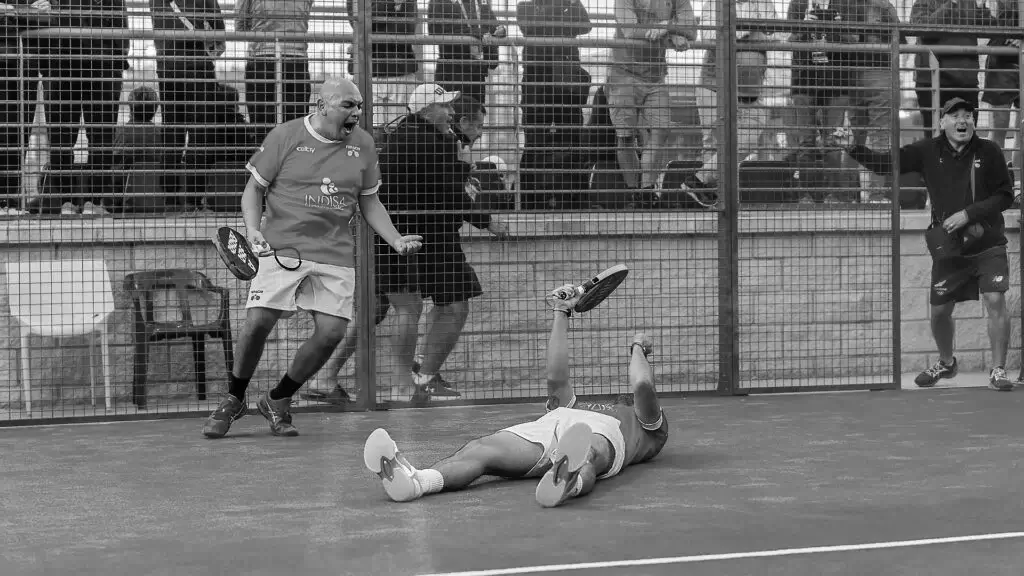
The Physical Benefits Go Beyond Cardio
Yes, padel gets your heart rate up. That’s great for cardiovascular health, which is super important as you age. But what makes padel even better is that it offers more than just cardio. It improves flexibility, balance, and reflexes—skills that can help prevent falls and injuries off the court, too.
The back-and-forth motion strengthens your core, legs, and arms, keeping your muscles toned without overwhelming you. It’s the kind of workout that feels more like play than hard labor, which means you’re likely to stick with it longer.
Can Padel Be Too Intense for Some Seniors?
Let’s keep it real—there are seniors in their 80s playing padel, so it’s not about age. It’s about your fitness level and how you approach the game. If you haven’t been active in years, don’t expect to jump into a full game and feel great afterward. Ease into it. Start with light games, and don’t push yourself too hard too soon.
If you have pre-existing health conditions, check in with your doctor first. It’s always a good idea to get a green light before starting any new sport, especially if you’re not used to physical activity. But once you’re cleared, padel’s adaptability makes it perfect for adjusting to your own pace.
Adapting Padel for Different Fitness Levels
Padel isn’t a one-size-fits-all sport. One of the best things about it is that you can adapt the intensity to your own needs. Want a slower game? No problem. Play with friends who prefer a more laid-back style, or take longer breaks between sets.
Need more of a challenge? The walls allow for some pretty nifty trick shots, and you can always up the intensity by playing with younger, more competitive players (just make sure to remind them to go easy on you if they get too into it).
There are even specialized senior padel groups in many clubs, so you won’t be the only one adjusting the game for age and fitness.
Why Padel Is a Great Long-Term Sport for Seniors
Unlike some sports that might feel like a temporary hobby, padel has real staying power. It’s a game that you can continue playing for years, no matter how old you get. Since the rules and court size remain consistent, it becomes easy to keep playing without worrying about more challenging physical adjustments over time.
The social aspect also keeps you coming back. Padel is the kind of game that becomes a weekly fixture in your routine—something to look forward to with friends, year after year.
How to Get Started
If you’re thinking, “Okay, I’m convinced—how do I start?” it’s easy. Most padel clubs welcome beginners, and some even offer senior-specific classes or leagues. Just find a local club, grab a racket, and jump in. You don’t need to spend hundreds on gear to start either; most clubs have rackets to rent and balls available for use.
Before you know it, you’ll be hooked—showing up weekly, laughing with your doubles partner, and feeling healthier than ever.
But What If You’re Not in Great Shape?
Here’s the thing: you don’t need to be in peak physical condition to start playing padel. In fact, padel helps you get into shape. It’s an ideal sport for improving fitness without putting too much stress on your body. If you’re out of shape, start slow. Join a group or find a friend who’s in the same boat, and work your way up to longer sessions or more competitive games.
Remember, everyone starts somewhere. Padel isn’t about how fast or how hard you can play; it’s about movement, connection, and having fun.
The Mental Benefits of Padel for Seniors
Padel isn’t just a physical workout—it’s also a mental one. The strategy involved in playing keeps your brain sharp. From positioning yourself on the court to deciding how to use the walls to your advantage, padel engages your mind, improving focus and decision-making skills.
Studies have shown that sports that combine physical activity with cognitive engagement, like padel, help reduce the risk of cognitive decline as you age. Plus, the emotional benefits of social interaction (especially in a doubles game) are a huge bonus.
Is Padel Suitable for Seniors?
Absolutely. Padel is fun, social, easy on the joints, and mentally engaging, making it a fantastic option for seniors. Whether you’re in top shape or just starting to get active, there’s a place for you on the court. And the best part? You’re never too old to start. The padel community is welcoming, and the game itself is adaptable to your fitness level.
So, go grab a racket, find a friend, and get out there. You’ve got a lot of padel games ahead of you—and trust me, they’re going to be some of the most enjoyable workouts you’ve ever had.
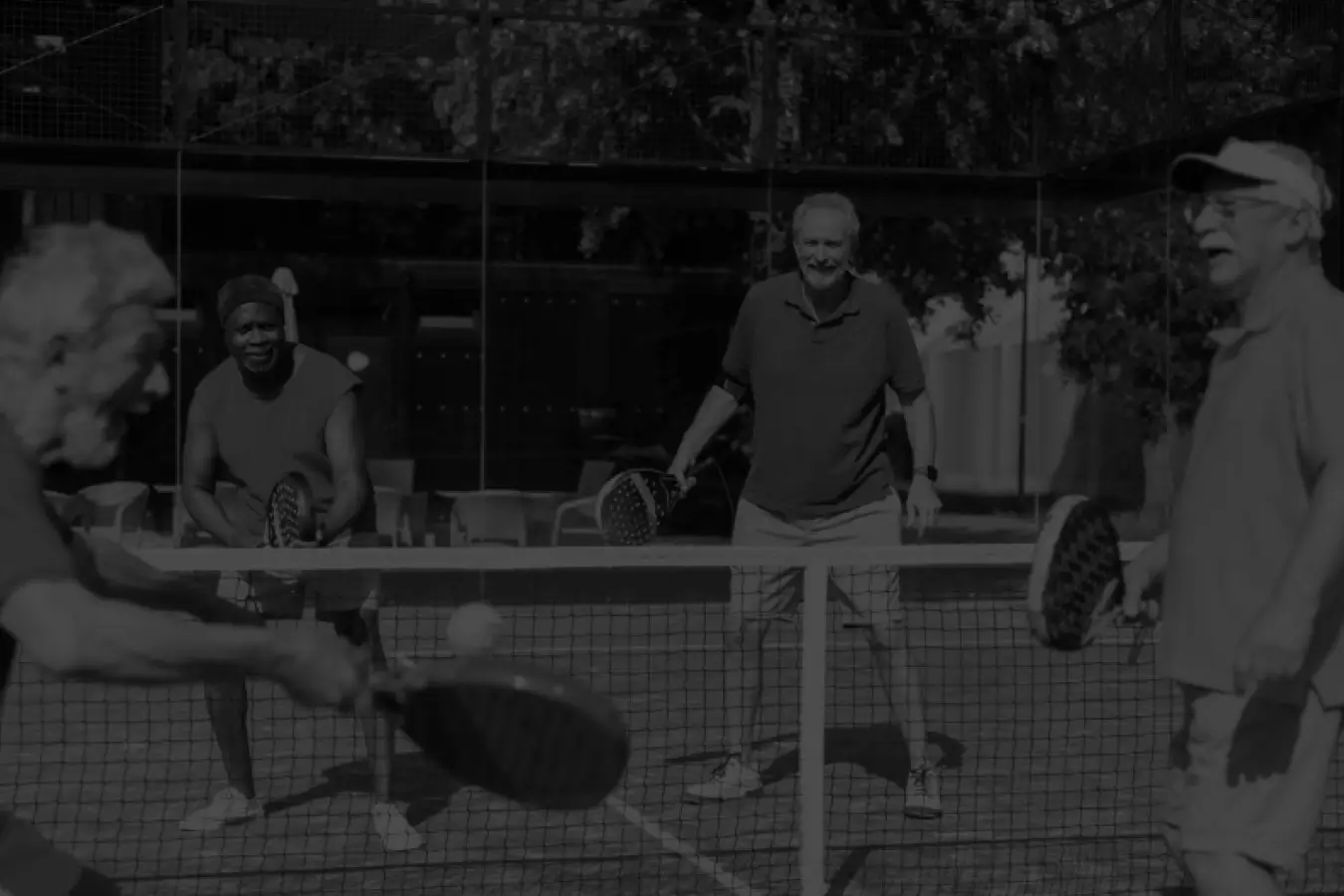

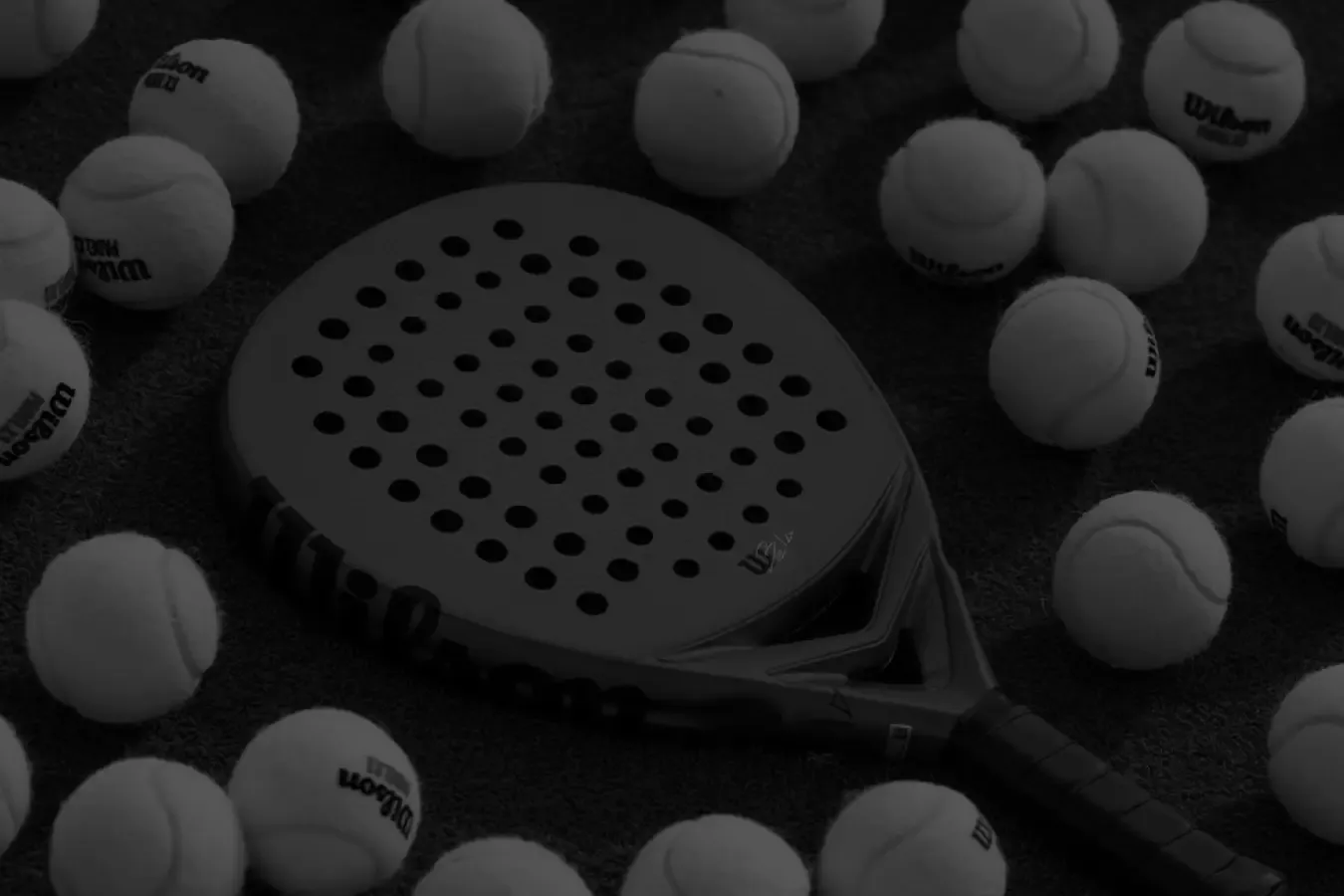
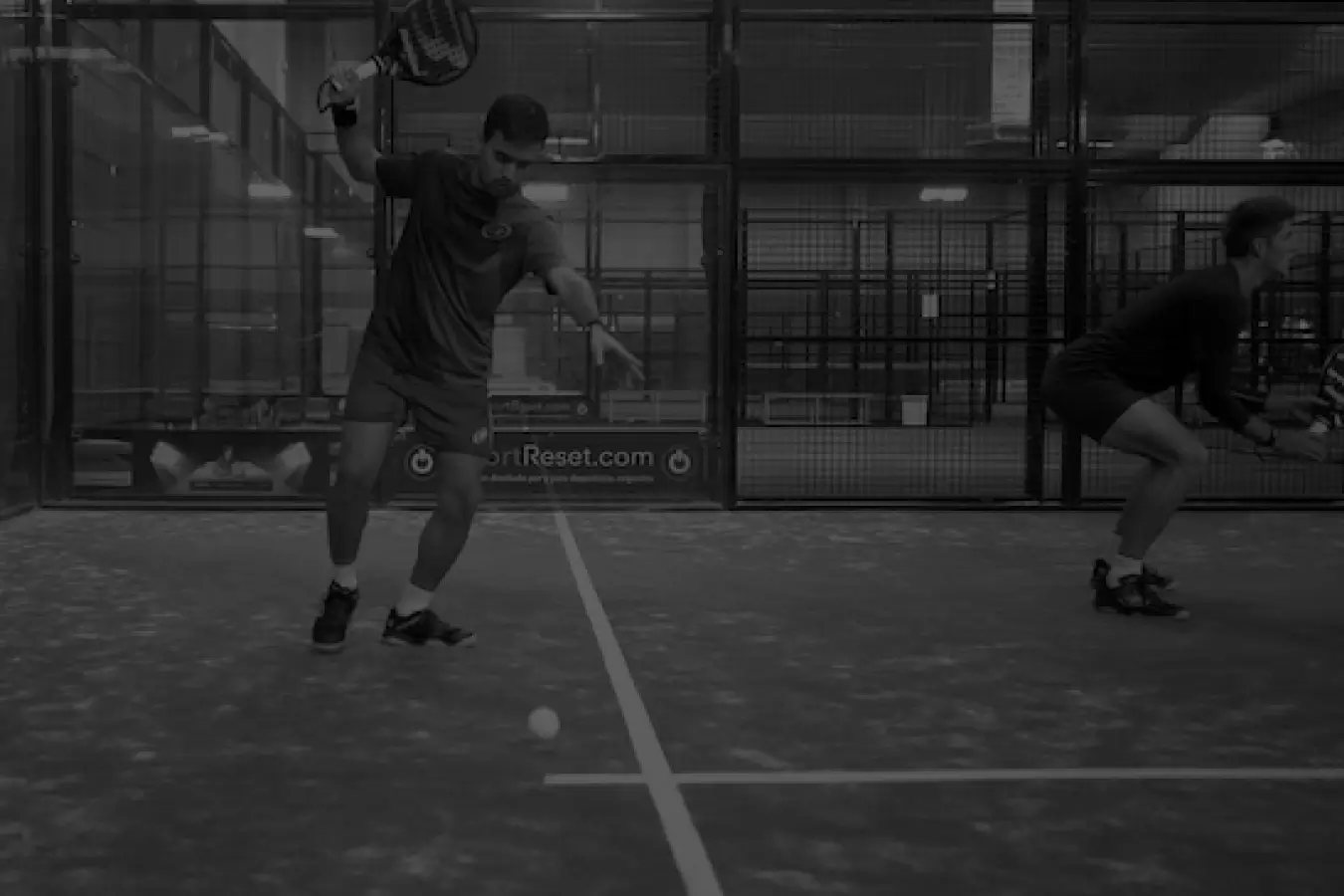
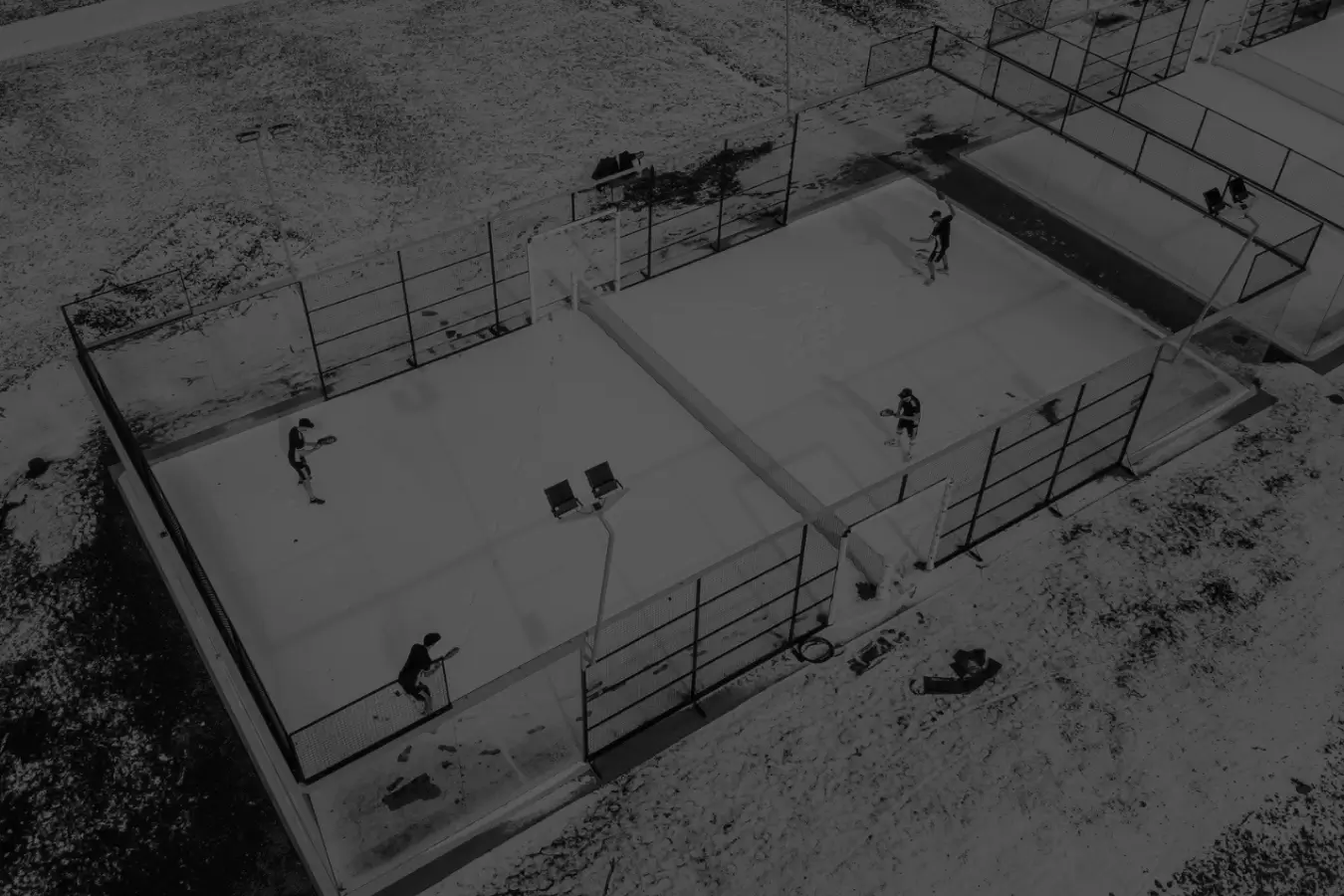
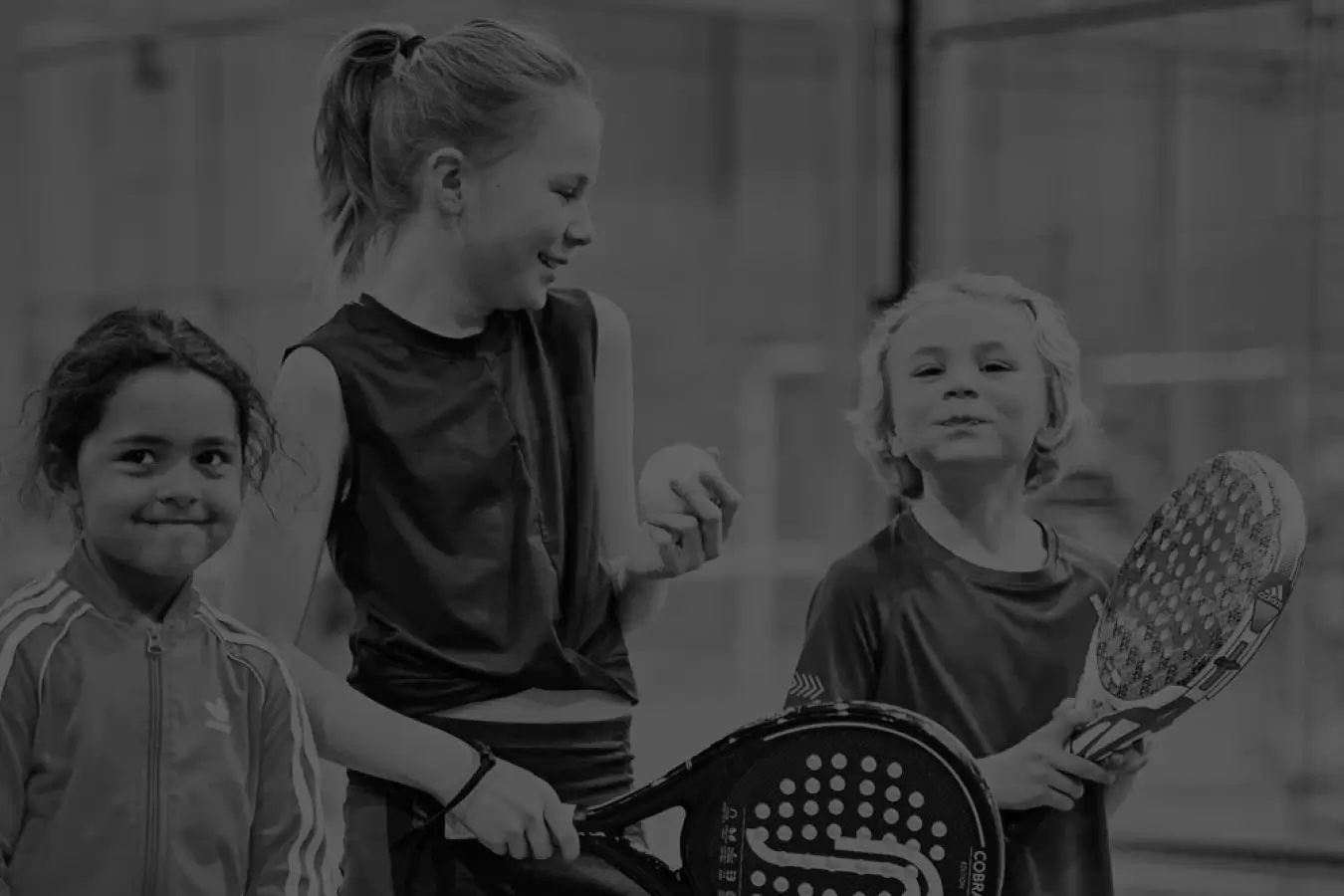
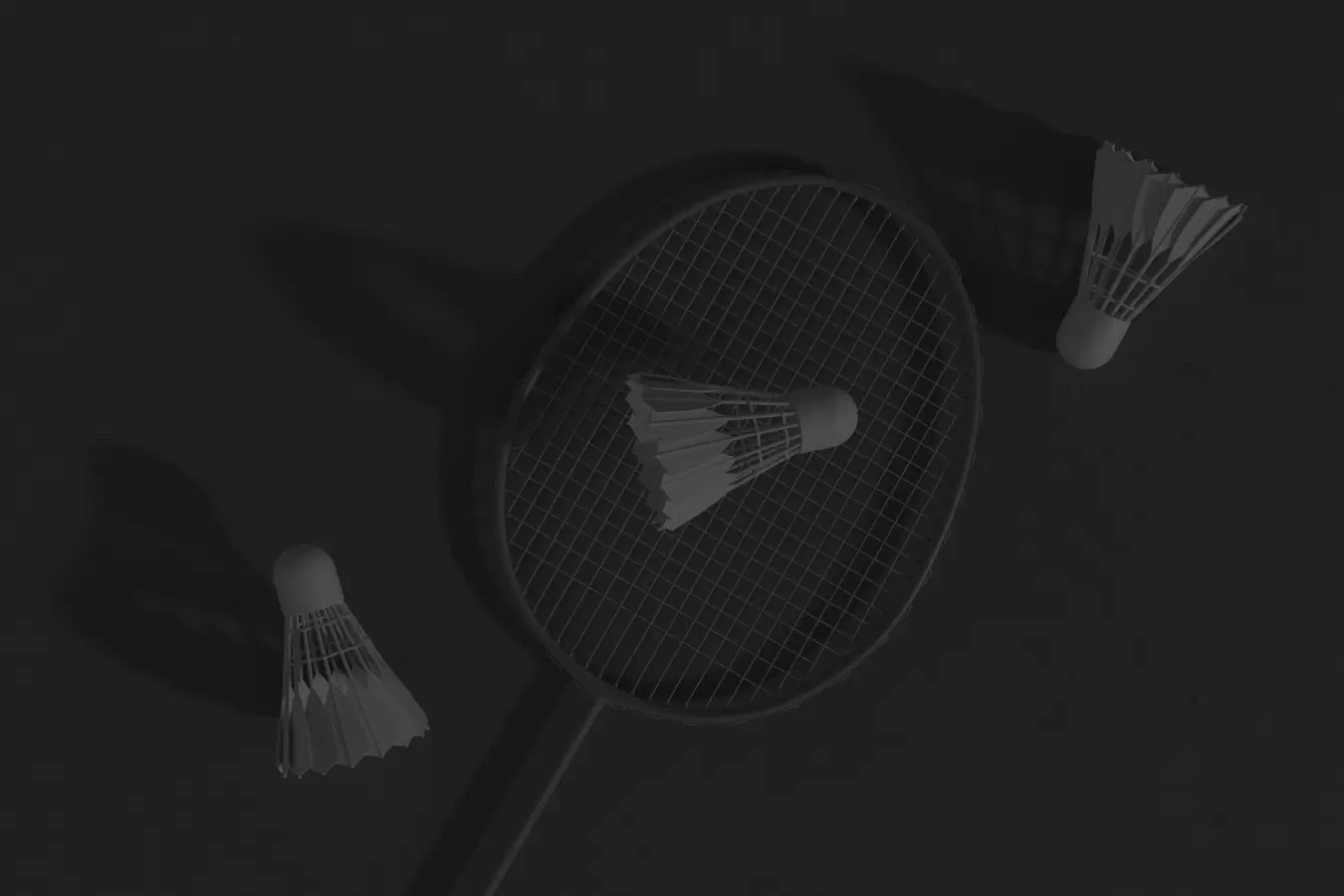
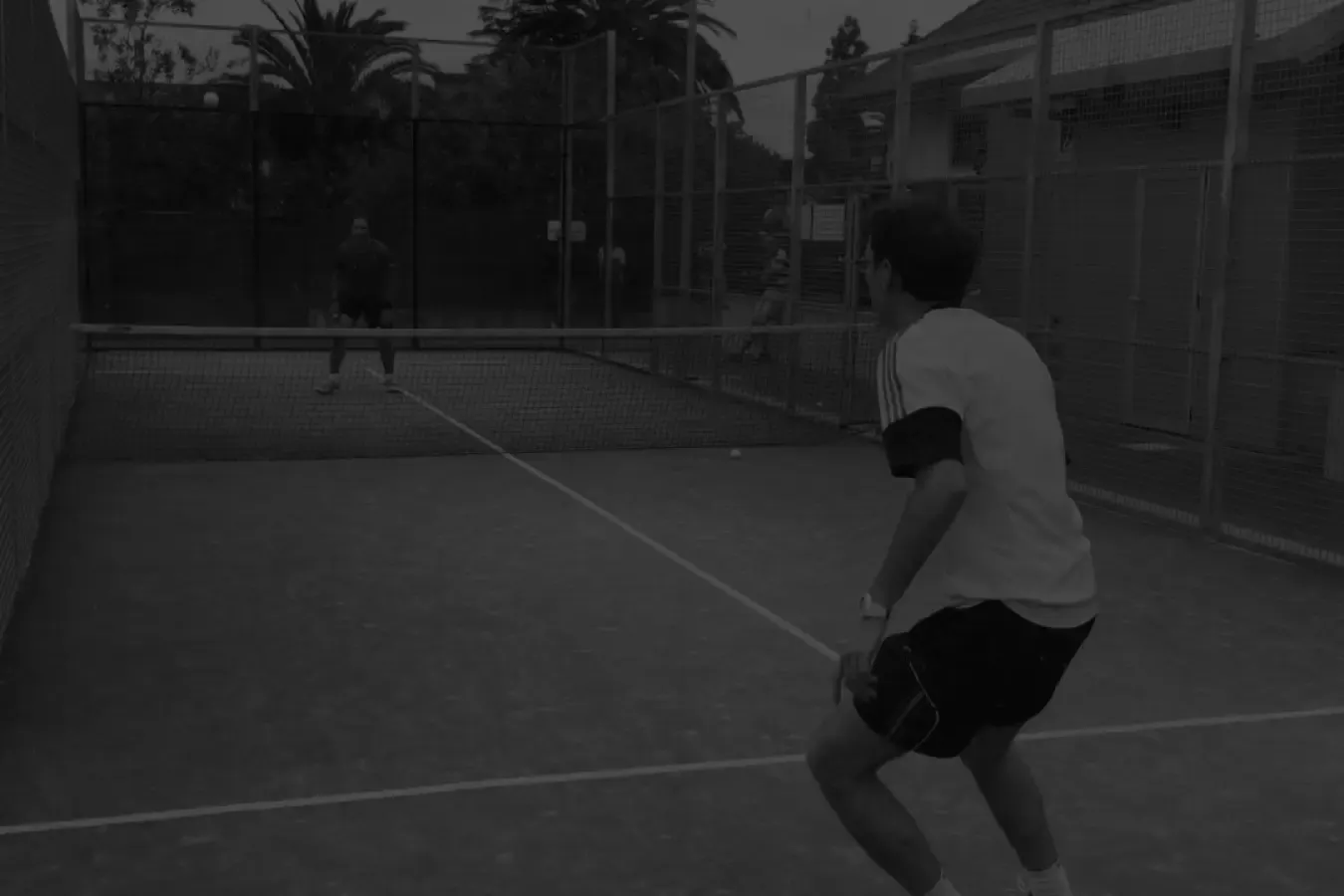
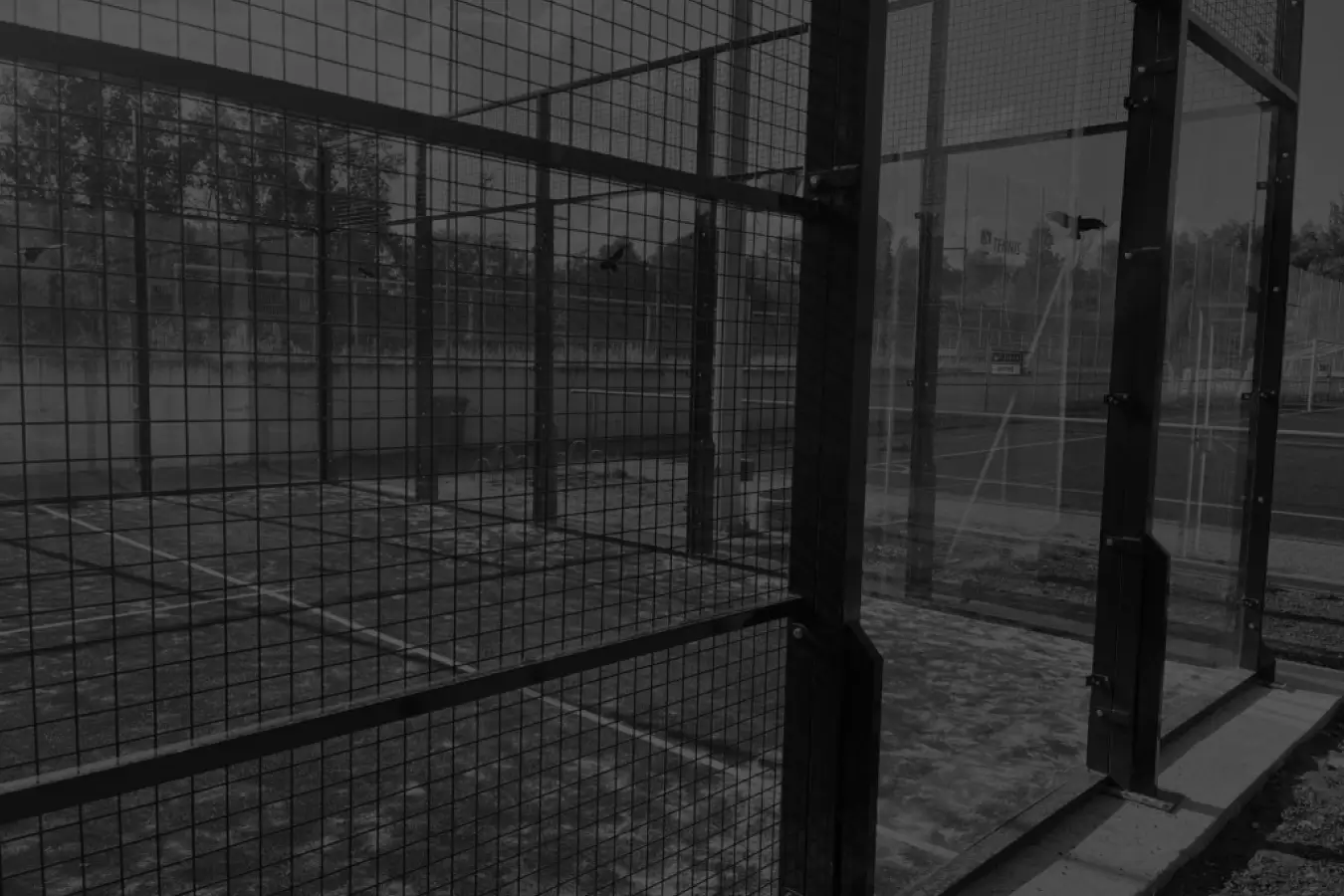
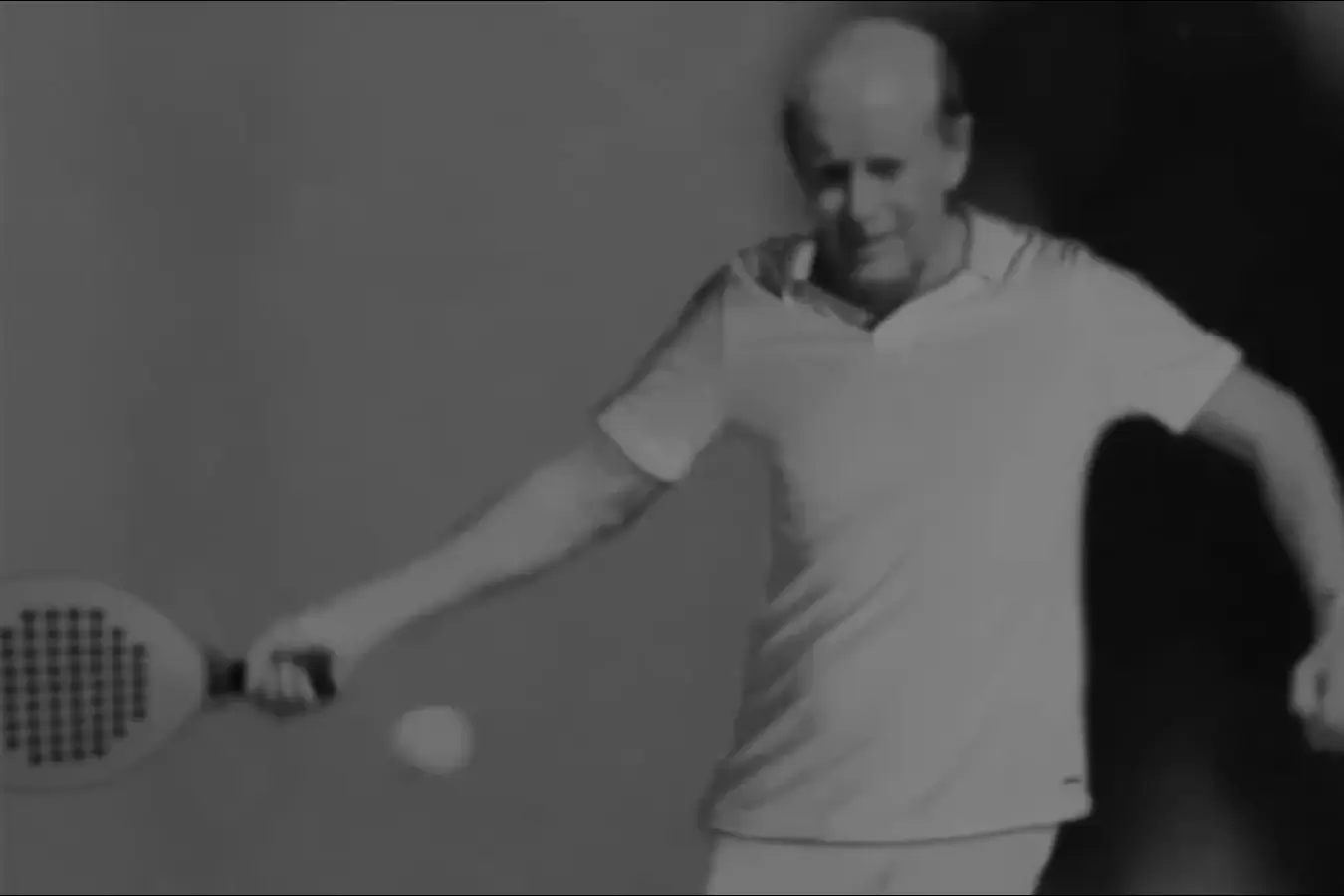
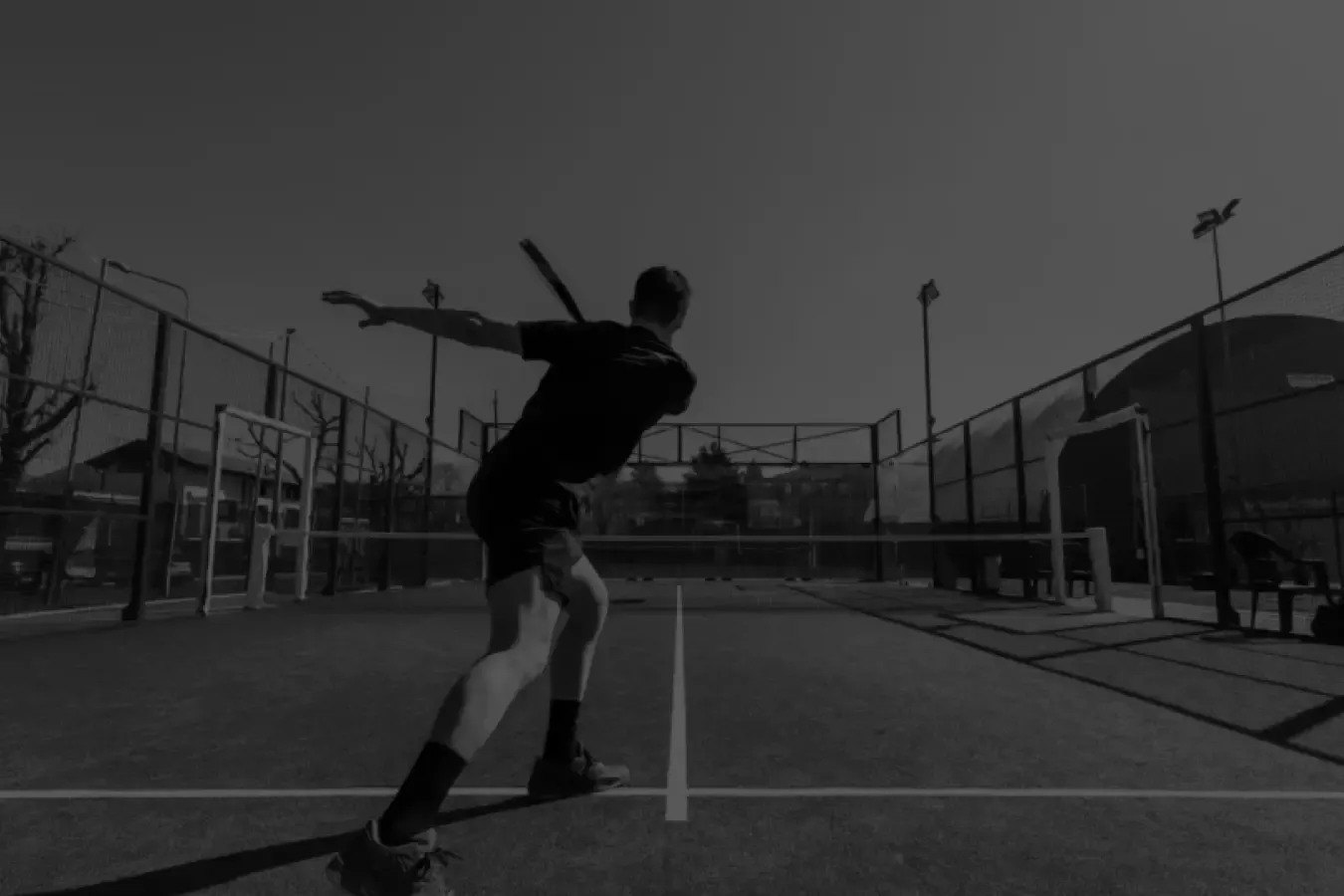
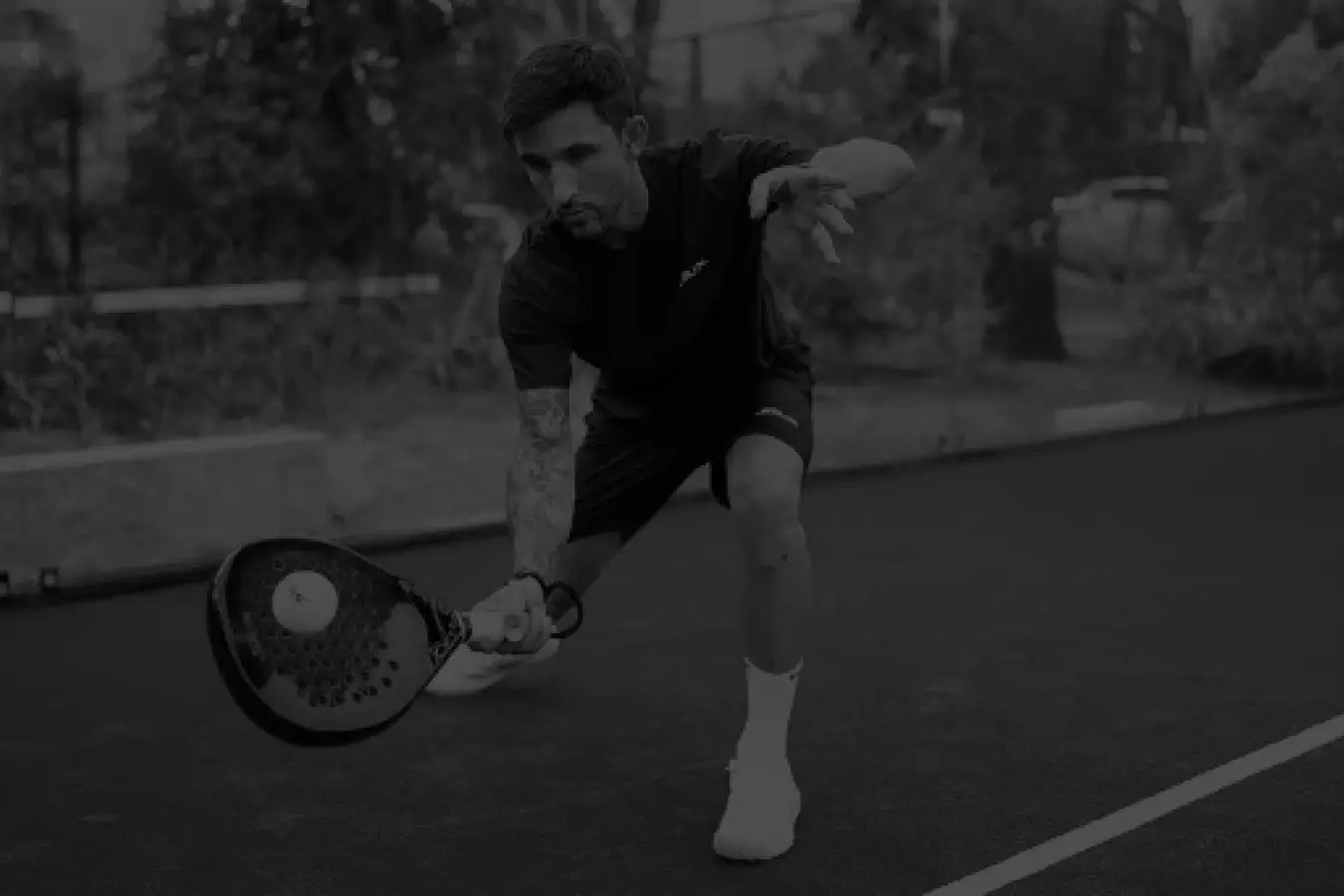
Discussion